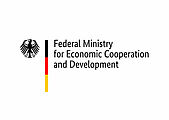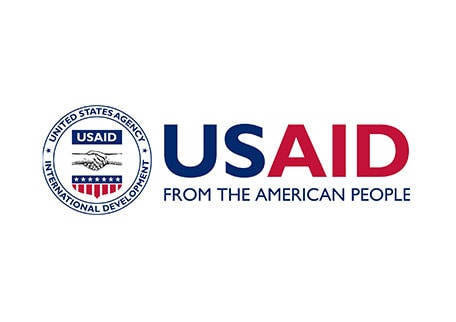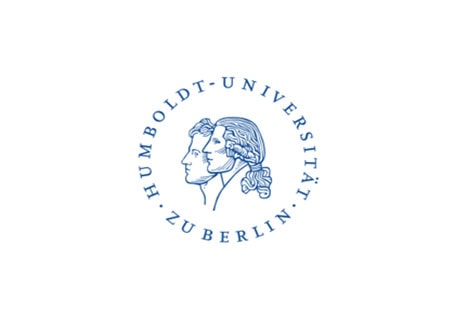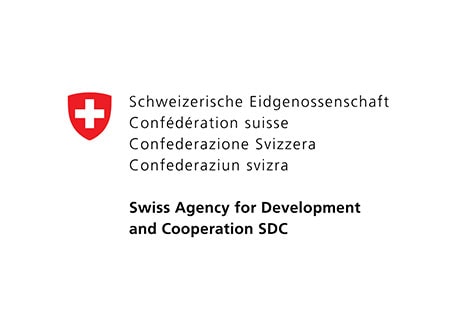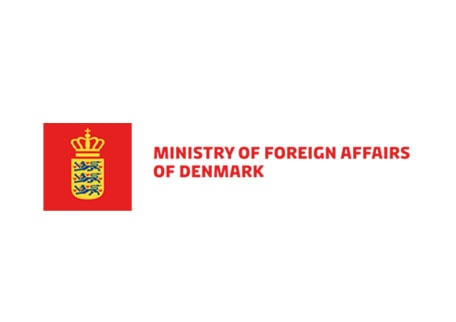Resources
Collection: Responses to COVID-19 by Religious Actors
The collaborative project Faith and COVID-19: Resource Repository brings together over 1,000 resources that give up-to-date information on how different religious actors have responded to the pandemic and other connected emergencies.
The still-evolving COVID-19 pandemic is not only about the effects of serious illness. The pandemic has placed strains on health care systems, caused over 6 million deaths, and caused a global economic downturn. Those already marginalised by society are suffering more from the pandemic than others.
What role are religious actors playing in responding to the different aspects of this continuing crisis? How are religious networks reaching those affected, and what solutions are being found for the interconnected challenges of the pandemic?
Over 1,000 resources have been collected to…
- share the experiences and insights of religious actors as well as experts on global health to support future strategies, and
- draw attention to communities most at risk due to discrimination and inequality.
What kind of resources are available?
The repository documents the evidence-based efforts of religious actors during the COVID-19 pandemic in terms of international development and humanitarian aid. Policymakers, practitioners, and religious actors can benefit from the different resources provided by the platform. With new content added weekly, the repository offers a variety of material: guidance documents, blog entries, fact sheets, journal articles, and newspaper articles.
Who is part of this growing resource collection?
The Faith and COVID-19: Resource Repository is a collaboration of the International Partnership on Religion and Sustainable Development (PaRD) and its members: the Berkley Center for Religion, Peace and World Affairs at Georgetown University, the World Faiths Development Dialogue, and the Joint Learning Initiative on Faith and Local Communities. It was also supported by Data Science for Sustainable Development (DSSD) and PaRD.

